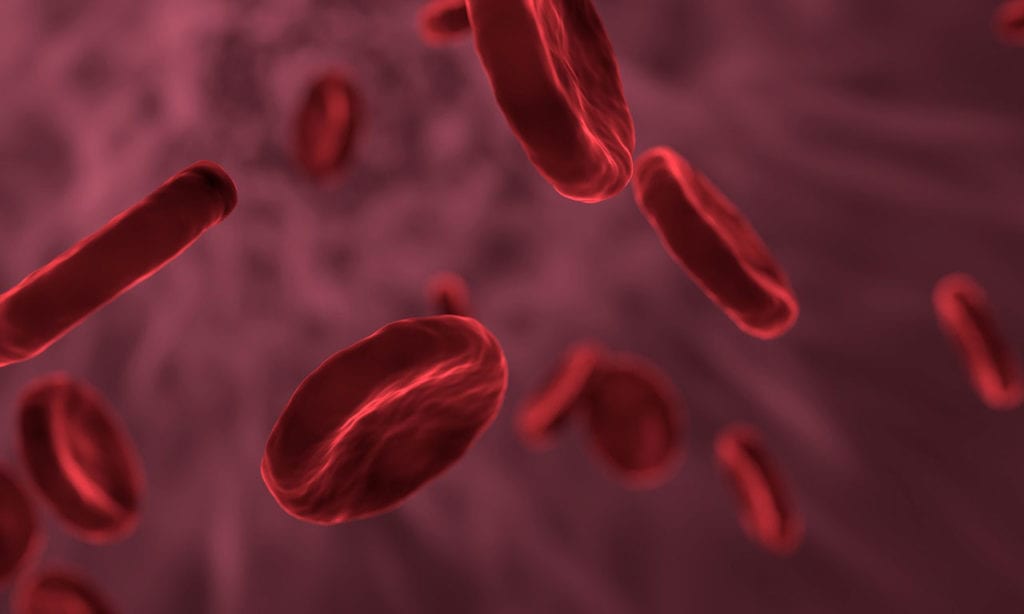Regeneron Pharmaceuticals has recently announced the results of Phase 2 of their study of pozelimab, which is an experimental treatment for paroxysmal nocturnal hemoglobinuria. Current therapies for this condition may not work for everyone, as only 50% of newly treated people reach normal levels of LDH, which is a blood biomarker. Regeneron hopes that their new treatment will result in a higher number of patients reaching healthy levels and living with less symptoms.
About Paroxysmal Nocturnal Hemoglobinuria (PNH)
Paroxysmal nocturnal hemoglobinuria (PNH) is a hematopoietic stem cell disorder. It affects red and white blood cells, as well as platelets. It completely destroys red blood cells and causes abnormalities in platelets. Both men and women are at an equal likelihood of having this condition, and people are typically diagnosed between the ages of 35-40.
A mutation in the PIGA gene causes this condition. This gene creates the PNH cells, which multiply very quickly and trigger the immune system to attack. Stem cells are fought by the immune system while the PNH cells survive and are able to continue multiplying. This disorder is not inherited; mutations occur sporadically, and the reason for these mutations are unknown.
Symptoms of PNH include dark and bloody urine, fatigue, an increased heart rate, fatigue, chest pain, headaches, difficulty breathing, abdomen contractions, difficulty swallowing, kidney disease, and sexual dysfunction in men. After these symptoms are noticed, three tests will be performed to confirm a diagnosis: flow cytometry, a sugar water test, and a ham test. After a diagnosis is obtained, treatment options include folic acid, supplements, prednisone, anticoagulation drugs, thrombolytic therapy, and a bone marrow transplant.
About Pozelimab
This treatment is an investigational, fully-human, monoclonal antibody. It is meant to block complement factor C5, which would then stop the destruction of red blood cells. If this destruction is successfully blocked, then a wide range of symptoms of PNH would no longer affect those with this disorder.
Regeneron’s VelocImmune technology led to the invention of pozelimab. It uses a genetically-humanized mouse to create antibodies.
About Regeneron’s Study
This study included six patients, and it is an ongoing, single-arm, two-part trial. Participants were required to have active symptoms, have not received complement inhibitor treatment six months prior to the trial, and be naïve to complement inhibitors. They were given 30 mg/kg of pozelimab through an IV at the beginning of the trial, which was followed by weekly doses of 800 mg. This dosage was confirmed through this trial, and it was shown to reduce the levels of lactate dehydrogenase (LDH) to normal levels after eight weeks. The only adverse effects of this phase were nausea, headache, and injection site reaction, none of which led to discontinuation of the treatment.
Another cohort of this phase is ongoing and includes 30 participants. This cohort is meant to further evaluate the safety and efficacy of pozelimab in a larger population. As the first cohort of this phase was successful, researchers are hoping that this one is going to be as well. The goal is for the results of this phase to help in securing the orphan disease indication.
Find the source article here.





